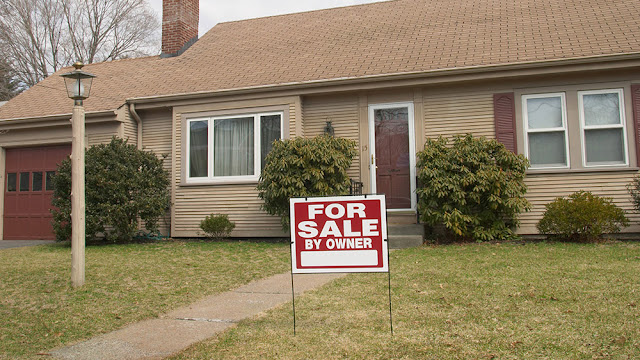Last Updated on December 25, 2025
There is no question that group homes have become one of the more profitable businesses within the human services field. Group homes who serve those with intellectual disabilities are particularly successful. This is largely due to the fact that individuals with intellectual disabilities tend to be more long-term residents when compared to group homes that serve the mental health community. Group homes for the intellectually disabled are often funded through Medicaid Waiver . Medicaid Waiver offers a more stable funding source for providers.
Despite these advantages, not all group homes will have
long-term success. There is more to a group home business than just buying a
home and getting it licensed. Group homes
fail for a number of reasons. I discuss a few of the situations that can make
it difficult for group homes to sustain long-term success.
1. Inability to get
that first client – One of the most difficult and nerve- racking aspects of
the group home business is getting your first client. In some states, new
providers are given a year to get their first client. If they are unable to
obtain a client within that year, their license is taken. Keep in mind that
during this time they often still have a mortgage and utilities to pay while
waiting to get a client.
Competition from larger more established agencies can make
it difficult to break through and get new clients. Case managers often get
comfortable with the well-known provider and don’t think about new providers
who could provide good services as well.
Competition from other residential services such as Sponsored Residential services
and Community –Based residential services have also cut into group home profits. These services are
allowing people to stay home with family serving as the provider or getting
another provider to come into the home to provide the support services.
New providers often have difficulty marketing their program
and establishing connections with community agencies. Marketing Strategies are critical to group home success.
As the year time period comes to an end, new group home
providers will often take a difficult client no matter what the situation in
order to stay in business. As a case manager this is one of my classic moves.
If I have a difficult client who is hard to place, I often look for new group
home desperate for a client. It’s often a win-win for everyone. The client
finds a home, the provider stays in business, and the case manager can get a
good night’s sleep.
2. Expanding too fast-
Another reason group homes fail is trying to expand two fast. Some providers get the first group home full
and immediately look into opening up another home. This can backfire if there are no clients or
funding available for Waiver services. Any profit gained from the first home could
be taken away by an empty second house.
3. Not adjusting to
changes in regulations- New regulations can also impact the success of a
group home. Changes in the amount of billable days and changing reimbursement
rates can significantly impact the amount of revenue that is generated. Some states have moved to a system that uses
an assessment such as the Supports Intensity Scale
or SIS to determine the amount of funding that
the client receives. In most cases, individuals who are higher functioning and
require the least amount of support receive a lower reimbursement rate.
Complacency can also lead to a reduction in quality. I have
seen this happen over and over again as a case manager. A new provider opens up
a group home provides high quality services
for the first few years and develops a great reputation. Then the
quality gradually starts to decline. A decline in quality of care can also lead
to families pulling their loved one out of the home.
5. Unexpected client
turnover- Clients leave for a number of reasons. Families can decide to
move a loved one for any reason due to provider choice. Clients also get older
and can require a more medically –focused facility such as an Intermediate Care Facility or
ICF/IID. Clients also pass away.
It’s an unfortunate reality that a resident lost for any reason is a loss of
close to $100,000 in annual revenue that needs to be replaced. This can be a
major hit to small providers who might not have those funds on reserve.
6. Major violations from state licensure – One
of the most serious causes of group home failure are major violations. If these
violations make it to the media the results could be devastating. Violations that impact the health and safety
of clients can often lead to state licensure ordering clients to be removed
from the home until they are corrected. Of course, once established at another
residence, it’s unlikely that they would want to return to a home with serious
violations. The home’s reputation is also damaged in the community and there
are too many providers out there ready and willing to take your clients.

